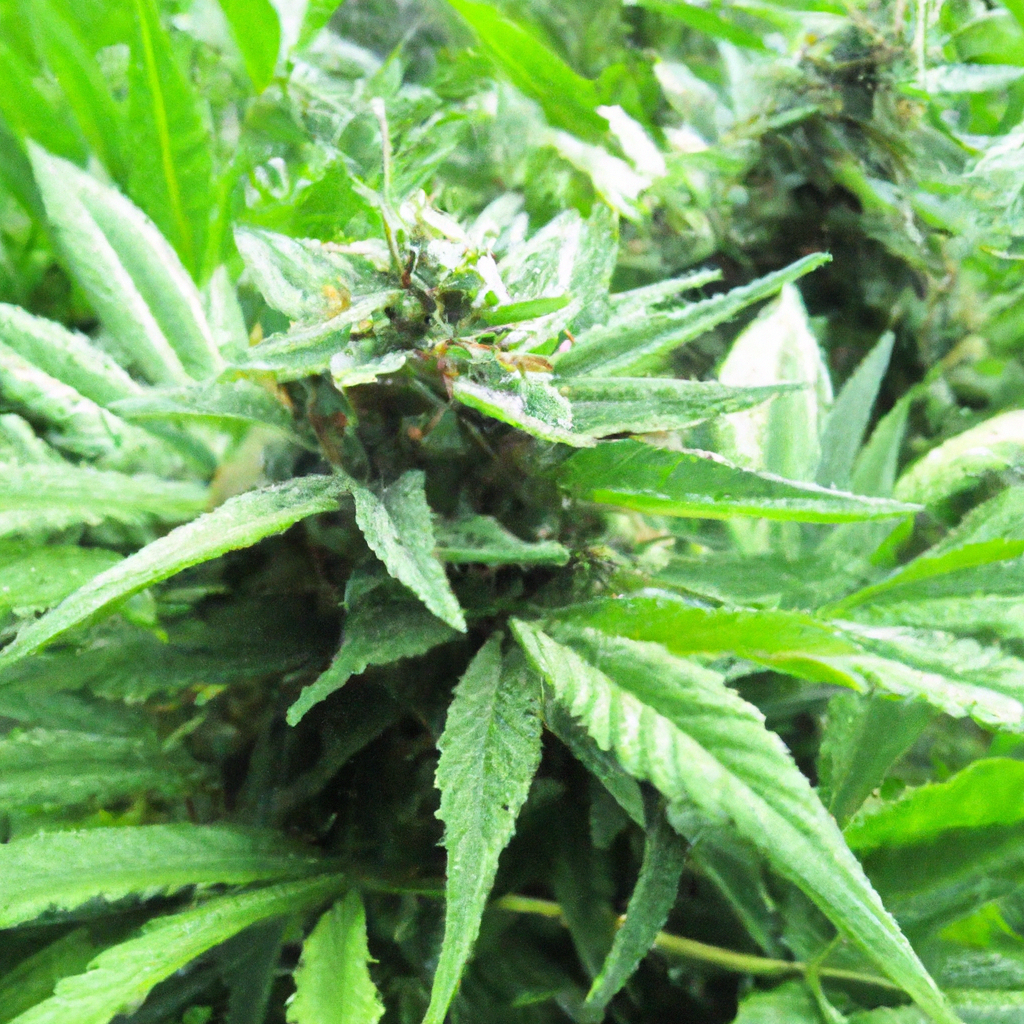Your cart is currently empty!
Embracing organic methods in cannabis cultivation not only benefits the environment but also ensures a cleaner, healthier plant for consumers. As the environmental and health implications of synthetic chemicals become clearer, a growing number of cultivators are turning to organic practices. In this guide, we’ll explore the basics of organic cannabis cultivation, focusing on natural fertilizers, composting, and pest control.
Building a Thriving Soil Ecosystem
At the heart of any successful organic grow is healthy soil. Unlike conventional methods that rely on synthetic fertilizers, organic growing focuses on enriching the soil with natural nutrients. Here are some techniques to get you started:
- Composting: Turn kitchen scraps and plant waste into rich compost. This vital process breaks down organic matter, providing essential nutrients and microbial life to the soil.
- Use of Cover Crops: Planting cover crops like clover or vetch can improve soil structure and fix nitrogen levels, enriching your cannabis plants naturally.
- Mulching: Apply a layer of organic material over soil surfaces. Mulching retains moisture, suppresses weeds, and gradually releases nutrients as it breaks down.
Natural Fertilizers for Optimum Growth
For a truly organic approach, replace synthetic fertilizers with natural alternatives. Here’s a list of organic fertilizers that provide essential nutrients without harmful side effects:
- Compost Tea: Brewed from compost, it’s packed with beneficial microorganisms that help feed cannabis plants naturally.
- Fish Emulsion: Derived from fish byproducts, this is a high-nitrogen fertilizer ideal for promoting plant growth during the vegetative stage.
- Seaweed Extract: Abundant in micronutrients and growth hormones, seaweed extract boosts plant vitality and resilience.
Eco-Friendly Pest Management
Pest control in organic cannabis farming prioritizes environmental harmony and plant health. Here’s how you can manage pests without resorting to synthetic options:
- Companion Planting: Planting certain herbs and flowers can naturally repel pests. Marigolds, for instance, deter nematodes, while basil can ward off aphids.
- Beneficial Insects: Introduce insects like ladybugs and lacewings to your garden. These natural predators keep pest populations in check.
- Diatomaceous Earth: Sprinkle this natural powder around plants to deter crawling insects. It’s gentle on plants but abrasive to pests.
Benefits of Organic Cannabis
Organic cannabis cultivation yields numerous benefits, both for the environment and consumers:
- Environmental Impact: Reduces chemical runoff and pollution, enhancing biodiversity and soil health.
- Consumer Health: Provides cleaner, toxin-free cannabis, offering peace of mind and purer medicinal properties.
- Sustainability: Ensures long-term soil fertility and resource conservation, vital for future generations.
Conclusion
The transition to organic cannabis cultivation requires dedication, research, and a commitment to environmental stewardship. By implementing natural fertilizers, fostering a healthy soil ecosystem, and opting for ecological pest management, growers can achieve fruitful, eco-friendly harvests. Embrace the organic path, not just for the future of agriculture, but for the health and well-being of consumers and the planet alike.
Tags: OrganicGrowing, NaturalFertilizers, Compost, PestControl, Sustainability
Discover more from Magic Clones
Subscribe to get the latest posts sent to your email.


Leave a Reply